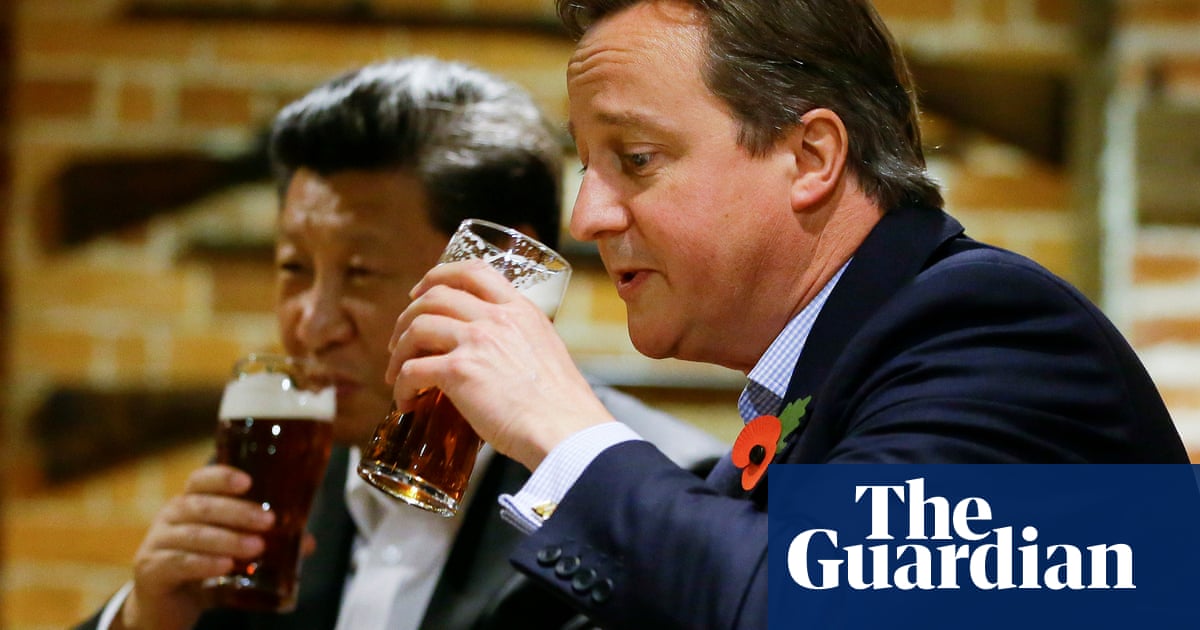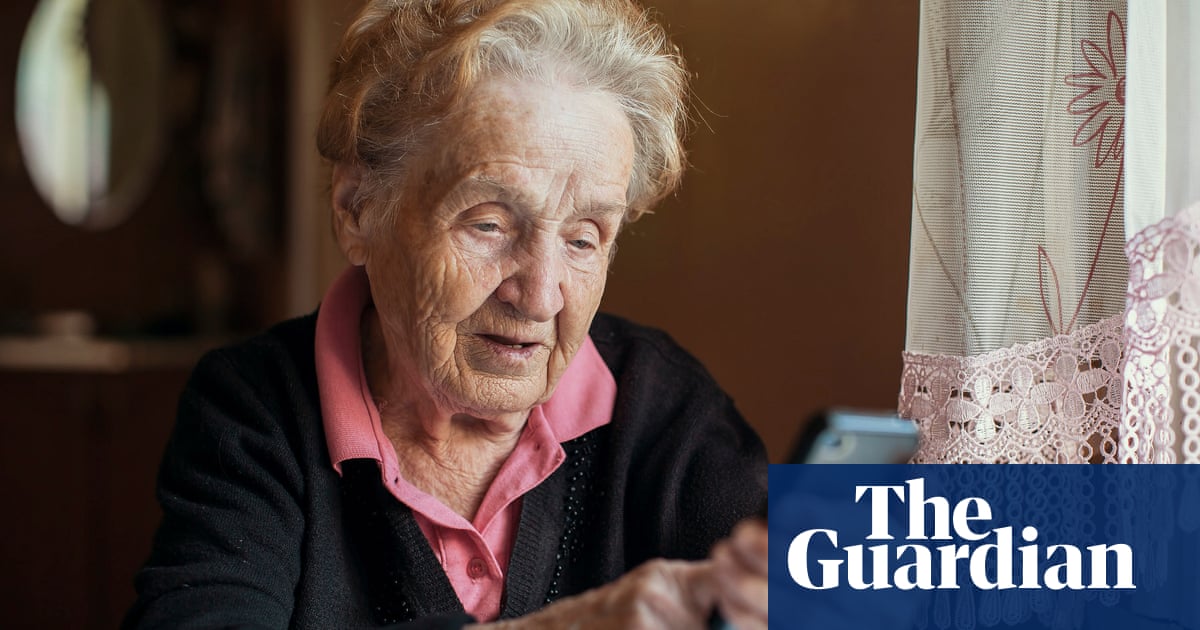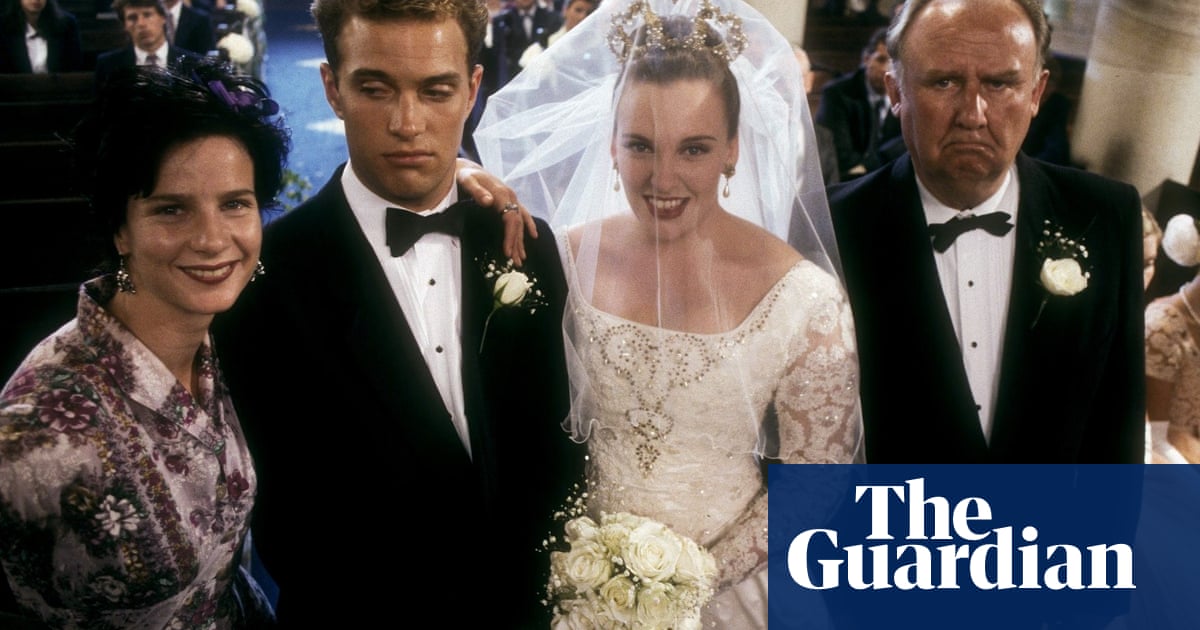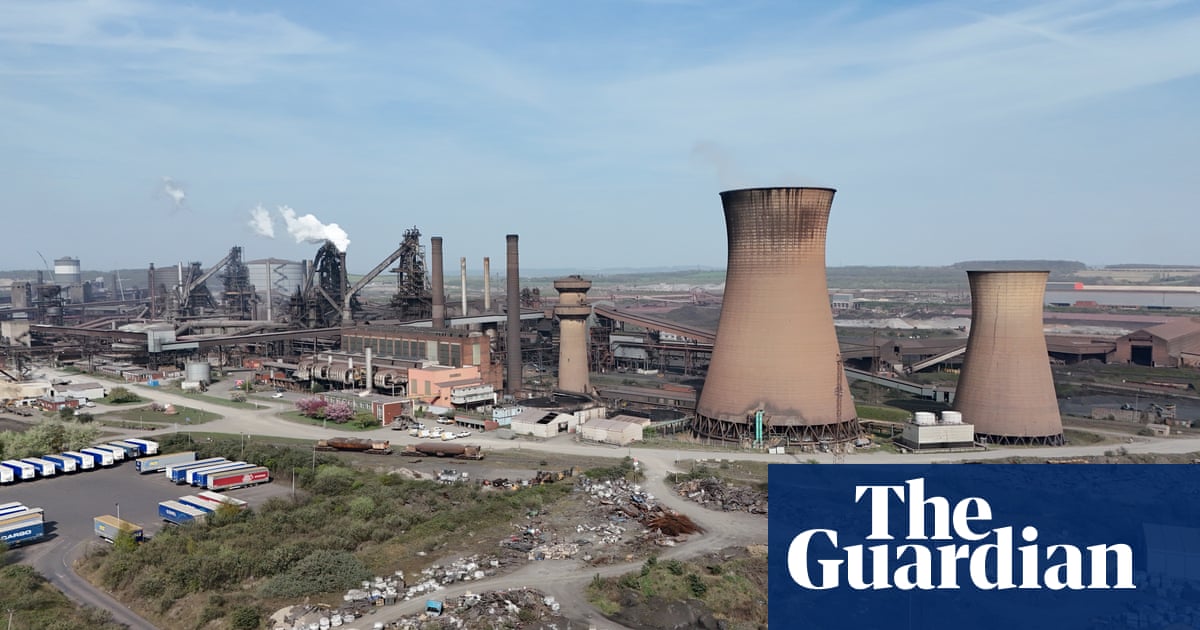Fraser, 63, a retiree from Essex, had been planning to leave his £140,000 pension pot invested in stocks and shares, only cashing out monthly gains to tide him over financially to state pension age.
“I was trying to only take the cream off the top, anything above £140,000. Every month in recent years, I’ve taken between £2,500 and £3,000 out to live off it. Then, at 67, I could have bought a decent annuity. It was fine, until the tariffs on Trump’s ‘liberation day’.”
Within a few days, Fraser’s pension pot had lost £32,000 in value, a drop of nearly 23%. The markets reversed some of their losses after Trump paused most of his “reciprocal” tariffs for 90 days on Wednesday, but have been volatile amid the tit-for-tat trade war between Washington and Beijing and are still well down on the start of the month.
Although this had not been the first market shock Fraser’s retirement savings had been exposed to, the impact on his savings was so severe that he has been thinking about returning to work.
Having made total contributions of £198,000 to his pension over 30 years, Fraser’s stock market investments have netted him more than £50,000 in just three years. Even though Liz Truss’s mini-budget and Trump’s tariffs have reduced these returns sharply, his overall gains are still substantial.
“It was really good while it lasted, I still got 22 grand out of those three years,” Fraser said. “The question is now: is this sustainable? It could go horribly wrong. Trump’s presidency has cost me a hell of a lot. I’m currently down to £108,000 and considering a supermarket part-time job. It’s crazy, but I’m staying in [the stock market], I just don’t feel like I’ve got a lot of choice.”
Fraser was among a host of people from around the globe who shared how their invested pensions had been faring in recent months and years, with many reporting unprecedented gains over the past two years and then devastating losses since Trump’s tariff war began. Many said their pension pots had reduced by 10% or more since the beginning of April, with some – especially younger respondents who were invested in funds with higher risk exposure – reporting that up to 50% of their overall all-time gains had been wiped out.
Some said their financial plans were now in tatters, as they had been in the process of taking out their tax-free pension lump sum in the UK to pay off their mortgage, but now no longer had the funds they had wanted to draw down. Among them was Xenofon Schizonikas, a 55-year-old vet from Omagh, Northern Ireland.

“Before Trump took over, my slightly conservative stakeholder pension was doing extremely well, at some points gaining £7,000 in one day,” he said. “Since he took over I have lost a lot. As of today, I’m down £35,000 from a peak of £357,000. I turned 55 on 1 April and was planning to retire and draw down money to pay off my mortgage, but disaster struck in March.
“I have pancreatic cancer and was hoping to retire on my pension fund and spend the time I have left with my children, but that is no longer possible. I now have to work until I drop or they medically retire me.”
Although scores of those who got in touch expressed shock and existential anxiety about the effects of extreme market volatility on their life savings, most said they would keep their money invested. The typical reason given for hunkering down was a worry that their savings were simply too meagre to withstand decades of inflation.
“I’ve worked all my life, but I’ve never earned enough to save enough for retirement,” said Rachel, a nurse in her 60s from Philadelphia.
“The stock market scares me, but it’s my only chance of living a comfortable retirement. If I get out now, what’s left of my funds may be ‘safe’, but they are too small to last me until the end anyway, so I have to stay in and gamble.”
Others, however, have come to a different conclusion in recent months. Christopher Gallivan, 75, a retired engineer from New Hampshire, felt he could not afford to expose his retirement fund to a global market meltdown caused by tariffs and geopolitical upheaval.
“Normally a good portion of my IRA [individual retirement account] is invested in stocks,” he said. “However, when the market began to show signs of uncertainty approximately six to eight weeks ago, I sold all my stock and instead bought CDs [certificates of deposit]. Not as much of a return, 4.5%, but not a loss either.
“At my age I have to be careful with my nest egg and feel that the best way to do that is by going self-directed. I don’t have time to wait for a market rebound. Inflation is a certainty.”
Others said they were mulling whether to ditch investments in stocks, shares and bonds and buy an annuity instead for more security.
Many people in their 50s and 60s who had been planning to retire imminently said the uncertainty of the past two weeks had caused them to postpone their plans, although people in physically demanding jobs feared they would not be able to carry on for as long as needed. Various retirees said they were pondering returning to work.
Most alarmed were, unsurprisingly, those who had been retired for some time, typically in their 70s and 80s, for whom returning to work was not an option.
“Every time a politician tries to make a point I lose money in my pension pot,” said Andrew Gale, a 74-year-old retired electronics engineer from Ruthin, Wales. “Liz Truss lost me 25% of the pot: God alone knows how much the manic Trump will cost me.”
Various people who were already retired or were about to retire said they simply did not have time to wait for their funds to regain value and would have to draw out money from their diminished pensions, even though that meant their so-far-theoretical “paper losses” would crystallise.
Colin, a 63-year-old university lecturer from Bradford in the UK, felt that people like him should have been warned to act before their pensions got decimated.
“I didn’t have a large pension, and courtesy of Donald Trump’s policies, that’s dropped by 9% since mid-February,” he said. “I was looking to retire in August, [but now] I will probably have to keep working. It’s soul-destroying when you’re desperate to finish work and you can’t.
“What annoys me is the way financial advisers ignore short-term threats to pension investments. They repeat their mantra about ‘time in the market’ bringing a better return than trying to ‘time’ the market. But if there is an out-of-control train hurtling towards you, it makes sense to step off the tracks until it’s passed by.”
His financial adviser, he said, had invested £50,000 cash in mid-February in funds that had now all plummeted in value. “It’s just a system that feels fraught with dangers for ordinary people.”
Charlie, 59, a tech professional from North Carolina, agreed that the blanket advice to “stay the course and buy the dip” was risky for older people.
On the other hand, he was among those who felt they had no choice but to continue to follow the advice of fund managers and financial advisers.
“My partner and I had a discussion, when Trump got elected, about whether to pull our money out,” Charlie said. “We decided not to. People try to time the market and get burned, and I don’t want to be one of them.”
He said Wednesday’s tariff pause had reversed a 13% drop into positive territory, adding: “What happens in 90 days? I have to trust that the people managing my money know what they’re doing.”

.png) 1 day ago
8
1 day ago
8













































